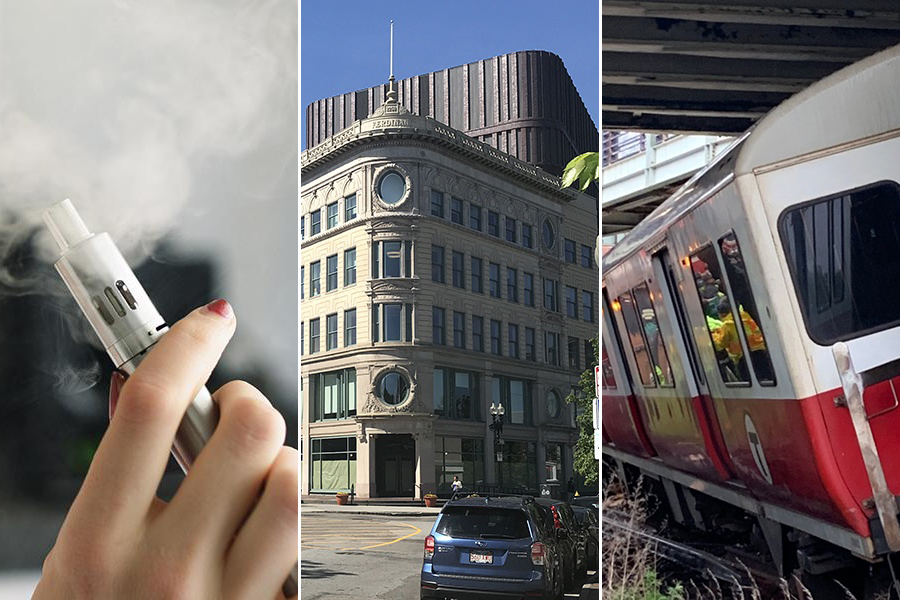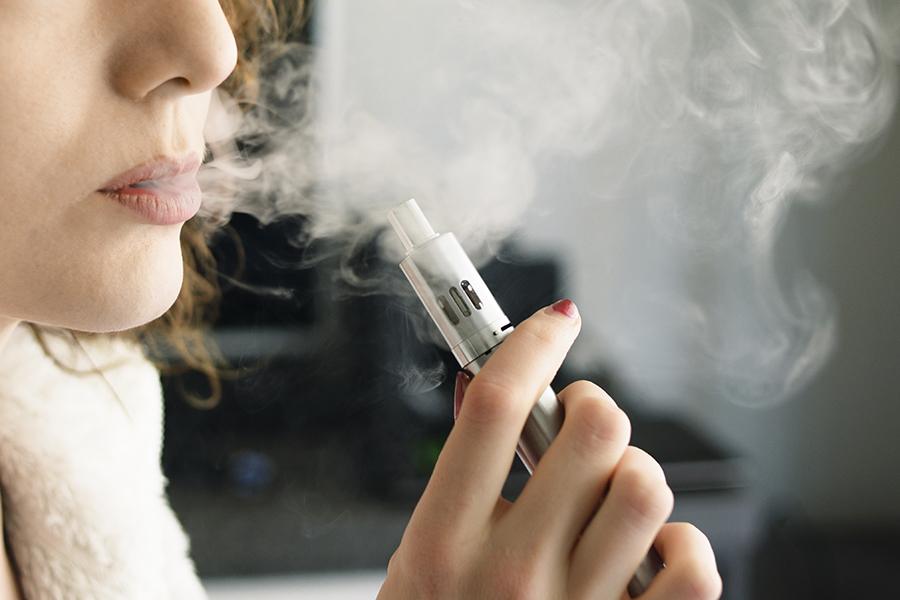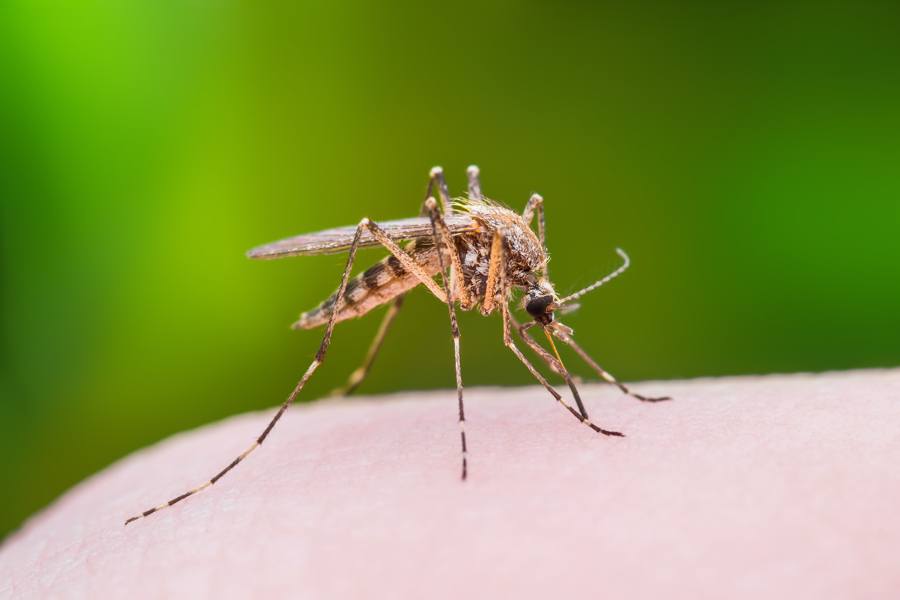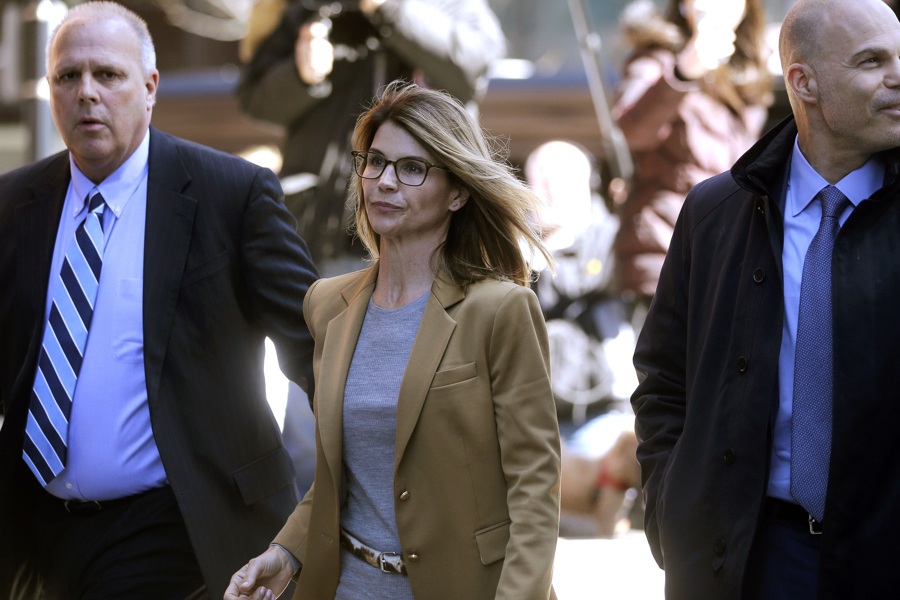A Glossary of Very 2019 Boston Terms
From "mysterious vaping illness" to "side door," here are the words and phrases we all learned to use this year in Boston.

Vaping photo via Getty, Nubian Square photo by Alyssa Vaughn, Red Line photo via Boston Fire Department/Twitter
2019 introduced us to many new things: A vaping ban, a massive casino, a sports championship loss. But to really understand how the city changed this year, just take a look at our shiniest new lingo. This year, many of the city’s biggest stories have been tied up in terms that only a 2019 Bostonian would understand. Here’s a look back at some of those buzzwords, and the stories that inspired them.

Photo via Boston Fire Department/Twitter
Signal Bungalows
While it was a year full of scary, annoying and mildly-entertaining T mishaps, the award for 2019’s most epic transit disaster still goes to the June Red Line derailment. Thanks to a cracked axle, a Red Line train hopped off the tracks just before JFK/UMass, sending a shower of sparks into the air and creating a PR train wreck for the MBTA. The only casualty in the incident, thankfully? The “signal bungalows” located just a few feet away from the tracks, which were reduced to splinters after the rogue train smashed into them. The name “signal bungalow” is very adorable, but don’t let the title fool you—these little cable cabanas housed the all-powerful technology that keeps the train running, and the long process of rebuilding them is part of what delayed the return to normal Red Line operations for months.

Image via Getty
E-Cigarette and Vaping-Associated Lung Illness
“Severe lung disease.” “Mysterious vaping illness.” “Unexplained lung injury.” As individuals across the country first began to exhibit serious, hospitalization-worthy respiratory and GI ailments this past August, the mystery surrounding the sudden sickness made it difficult to give it a name. The symptoms were wide-ranging—from shortness of breath to fever to nausea. However, as the CDC took a closer look at those afflicted, a pattern emerged: All of them reported recent use of e-cigarettes or vaping products. While months later, health officials still have not hammered down what ingredient causes the illness or how the illness develops, they did eventually give it a name: EVALI, a helpful acronym for the very long “e-cigarette and vaping associated lung illness.”

Mosquito Bite Macro Photo
EEE
Well, there’s one good thing about the cold. Throughout the summer and fall, an outbreak of Eastern Equine Encephalitis, a rare but life-threatening mosquito-borne virus, rescheduled high school football games, cancelled many a family camping trip, and generally made all Massachusetts residents think twice before heading outdoors. The disease sickened twelve across the state, including a five-year-old Sudbury girl, and killed three, and while the state has experienced outbreaks before, this one was much worse and more widespread, entering the awareness of far more residents. The threat of infection lingered until the first hard frost of the season, which arrived so late into the year that several communities had to shift their trick or treating hours earlier as a precaution. While the whole state was finally in the clear by November 15, we probably haven’t heard the last of EEE: According to the Massachusetts Bureau of Infectious Disease and Laboratory Sciences, outbreaks of the disease, while rare, tend to last about two to three years.

Photo via Woosox Twitter
Woosox
Last year, Worcester announced its plan to absorb Pawtucket’s Triple-A baseball team, the PawSox, in 2021. This September, we finally learned what team name we’ll be chanting from those fancy new stands Worcester is constructing—let’s go, Woosox! It’s a fun and concise team name, and its cursive letters just look right emblazoned above the team’s new mascot, Smiley Ball. Though, we have to say, cheering for the Canaligators would have sounded pretty darn cool.

Photo via AP Photo/Steven Senne
Side Door
On March 12, U.S. Attorney Andrew Lelling stood in Boston federal court and made a mind-blowing announcement—he was charging 50 people, including a handful of Hollywood stars, for their participation in a sweeping college admissions scandal. As details of the scheme began to emerge, we learned the ridiculous lengths the rich and famous were going to—doctoring photos, bribing athletic coaches, editing standardized test answers—to give their children a leg up in the admissions process to some of the nation’s top universities. The mastermind of the scandal, Rick Singer, gave these nefarious strategies the moniker that stuck: “the side door.” “I created a side door that would guarantee families would get in,” Singer admitted in court. “I was buying coaches for a spot—and that occurred very frequently.”

Photo by Alyssa Vaughn
Nubian Square
Activists had been rallying for years to remove the name of Thomas Dudley, the Puritanical second governor of the Massachusetts Bay Colony who allowed the passage of laws that enabled slavery, from his eponymous square in Roxbury. This year, the movement was finally realized. After two-thirds voters in the Roxbury neighborhoods near the square supported the name change on a non-binding referendum, the city’s Public Improvement Commission made it official. The Square will now be known as Nubian Square, a tribute to the ancient Northeastern African region that was home to some of the continent’s first kingdoms. The change, especially in the wake of the renaming of Yawkey Way and the purging of the Sackler name from Tufts’ campus, indicates that Boston’s honorifics are under closer scrutiny than ever. It begs the question: Is 2020 finally the year when Faneuil Hall, named for a slave trader, gets the same treatment?


